Currin Palazzo Stefano Bardini in front of his “The Lobster”, a work of 2001. Photo Beatrice Brandini
“Rachel” by Beatrice Brandini
Florence, namely the magnificent apartments of Stefano Bardini Museum, home to the first Italian exhibition of John Currin, one of the most talented contemporary artists (personally I follow for at least fifteen years, and I had already spoken with great enthusiasm in one of my posts 2014 http://www.beatricebrandini.it/john-currin-limperfazione-che-diventa-arte/
John Currin: “The Penitent” 2004
John Currin: “The Penitent” 2004 (Courtesy Gagosian Gallery)
Glimpse of the work “The Penitent” by John Currin, 2004
Glimpse of the work “The Penitent” by John Currin, 2004
John Currin: “Bent Lady”, 2003
John Currin: “Bent Lady”, 2003 (Courtesy Sadie Coles)
Glimpses Stefano Bardini Museum
Glimpses Stefano Bardini Museum
John Currin: “The Clairvoyant”, 2001 (Courtesy Gagosian Gallery)
The exhibition, curated by Antonella Nesi and Sergio Risaliti, will be inaugurated today, 13 June, and will remain open until next October 2.
Glimpses Stefano Bardini Museum
Glimpses Stefano Bardini Museum
Glimpses Stefano Bardini Museum
It ‘s really interesting visit for at least three reasons.
John Currin: “Flora”, 2010 (Courtesy Gagosian Gallery)
John Currin: “Francis”, 2005 (Courtesy Gagosian Gallery)
John Currin: “Hollis”, 2007 (Courtesy Gagosian Gallery)
John Currin: “Flora Currin”, 2011 (Courtesy Gagosian Gallery)
John Currin: “Hollis”, 2007 (Courtesy Gagosian Gallery)
The first is certainly knowledge, proximity, or even the discovery (the presentation to the press, the impression is that it was not a name so obvious for everyone) of this great painter. Capable of overstretched American myths (alas universal) as those of aesthetic perfection, wealth that becomes happiness, of power as status …. with elegance and irony (combination not easy). To create an art that definitely looks to the past, the Italian Renaissance or Dutch, but which turns into something completely new, unusual; In fact here is that the still life is not the background of the painting or the protagonist / absolute subject, with Currin “invades” the principal face of the same work, in a perspective that distorts every rule; or the beauty codified through nudity, it turns out disproportionate and full of imperfections …. His works that do not want to please (is it not the desire [and effort greatest] of an artist to be loved ?!). Currin does not search adoring fans, who reluctantly has to thousands, this interesting artist aspires to a paradox between personal expression and realism, between eccentricity and purity of forms, including obscenities and refinement .., so even if touching different themes and genres such as the portrait, the still life, lustful or sentimental stories, remains true to himself and to his poetry is essentially a complaint on the emptiness of the human race, touched by indifference, consumerism, hysteria, from the voracity (sexual , possession, food, does not matter …).
Dario Nardella, John Currin, Antonella Nesi and Sergio Risaliti
John Currin during the press conference
Seeing him live it seemed like a very charming person (obviously) but also solid, serene, elegant bourgeois man…. not tormented and unhappy as often we cataloged, especially in our imagination, the artists … and for this reason during the press conference, I wanted to ask this: “lately I get the feeling that has “shelved” his favorite themes as a function of something else … it is because you are now resigned?”. The reality has far exceeded the most negative outlook? ….
John Currin: “Nude in a Convex Mirror”, 2015 (Courtesy Gagosian Gallery)
John Currin: “Rachel in the Garden”, 2003 (Courtesy Gagosian Gallery)
John Currin: “Big Hands”, 2010 (Courtesy Gagosian Gallery)
The final reason to visit this exhibition is the location: The WONDERFUL Stefano Bardini Museum! Great antique dealer and collector Florentine of the nineteenth century who made his passion a profession estimated and recognized all over the world, capable of spreading the “Bardini taste” due to his international auctions (we are in the nineteenth century) and an exceptionally cultured and cosmopolitan clientele . The museum was founded by the ancient monastery of San Gregorio to Peace in Piazza de ‘ Mozzi which the antiquarian Bardini bought in 1880. Bardini overturns the idea of the traditional antique shops, often cramped and full of objects, to create a bright spot (thanks to the introduction of large windows and skylights), with its blue walls (“Blu Bardini”, a combination of blue, indigo and violet) …, where, room after room, there was a real show of architecture, vision of precious objects, a set of diversity and seduction.
The Marzocco
Glimpses Stefano Bardini Museum
Majolica
Majolica
Majolica
Virgin, sienese school early 15th century
The exhibition Currin within Bardini Palace is really something unique, an exercise that demonstrates how can coexist harmoniously the ancient and the modern; the Currin paintings are hung together at antique and precious frames, with fifteenth-century Madonnas, with medieval armor … to demonstrate that art has no boundaries, no age, which can not be categorized by genre, but rather as an expression of beauty and value, as the works of the US artist or the precious objects collected from Bardini during a life, all can become a beautiful “chaos”.
Museo Stefano Bardini collection antique carpets
Glimpses Stefano Bardini Museum
Glimpses Stefano Bardini Museum
Wooden model of the Baptistery in Pisa, seventeenth century
John Currin: “The Lobster”, 2001 (Courtesy Gagosian Gallery)
John Currin: “Rachel in Fur”, 2002 (Courtesy Sadie Coles). My favorite work, one of the ten paintings that I would have!
John Currin in Florence at the Palazzo Stefano Bardini
Good life to all!
Beatrice


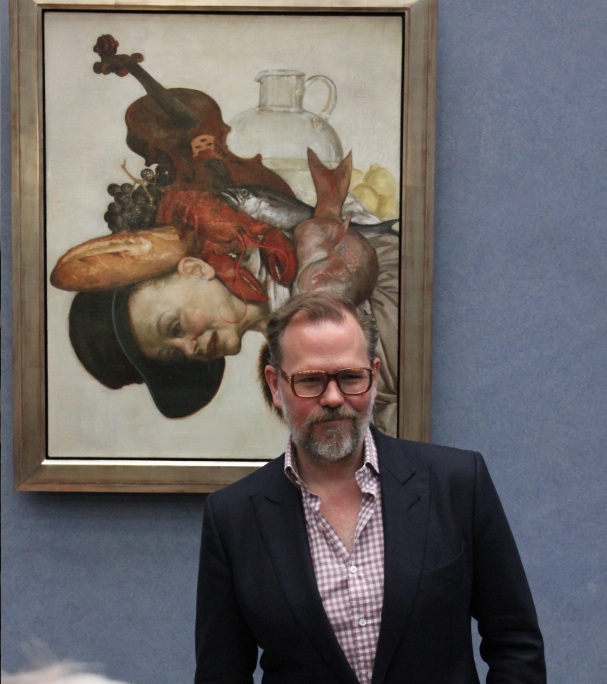
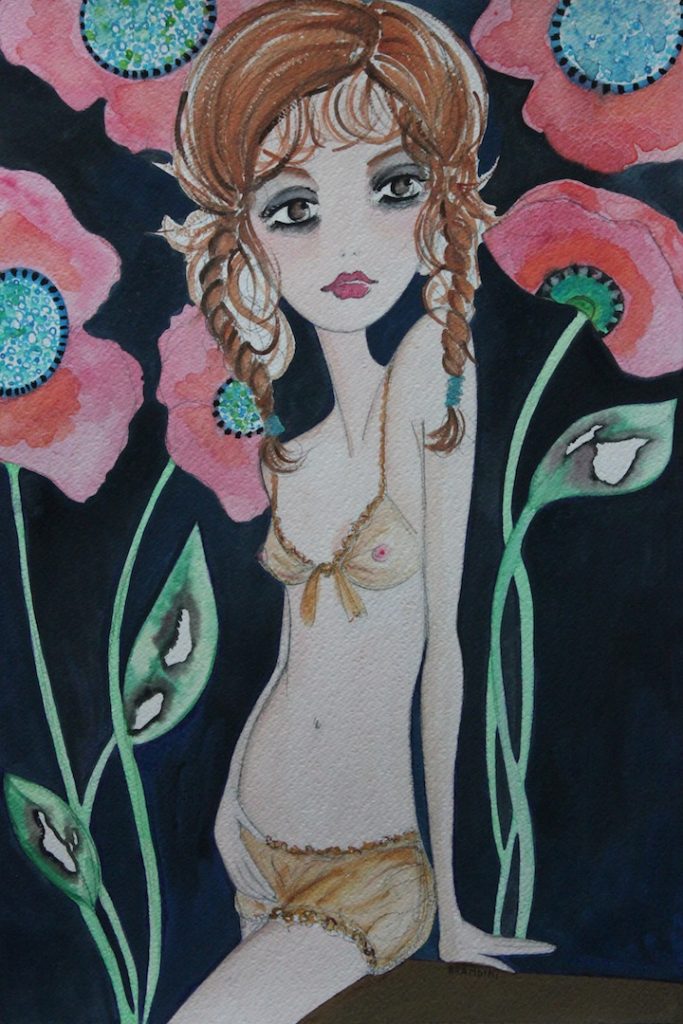

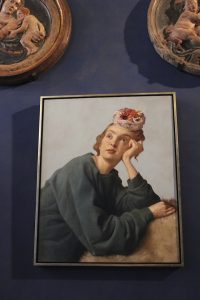
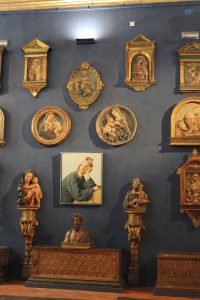
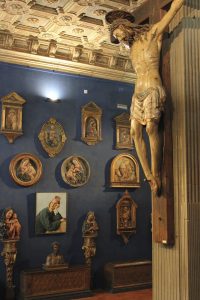
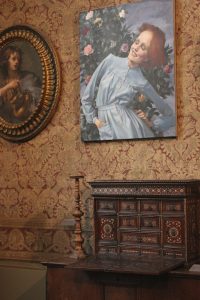
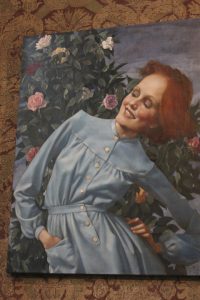
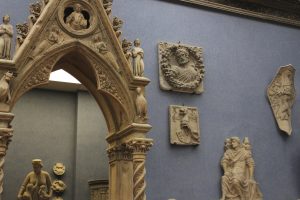
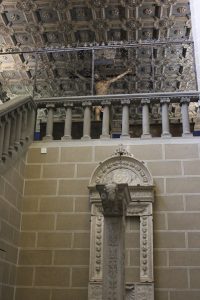
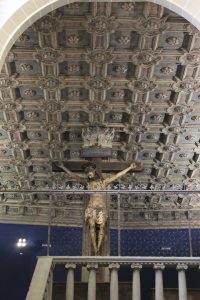
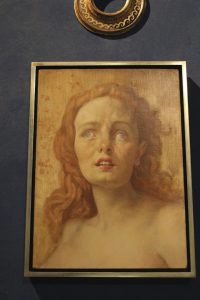
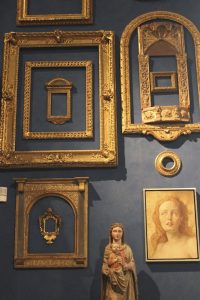
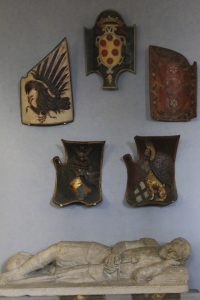

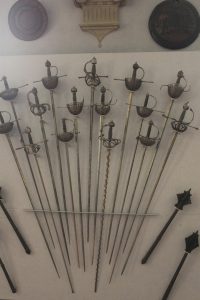
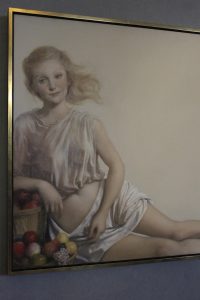
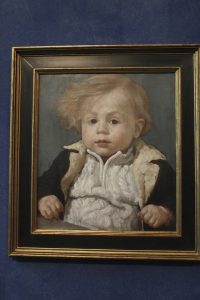
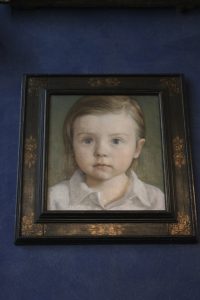
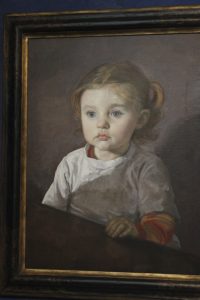
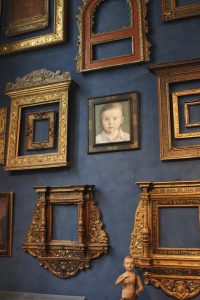

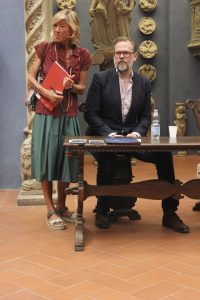
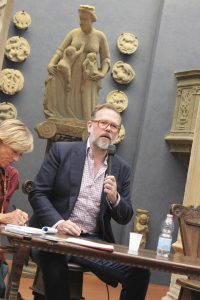
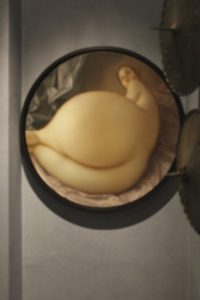
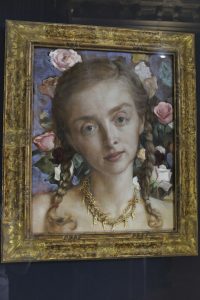
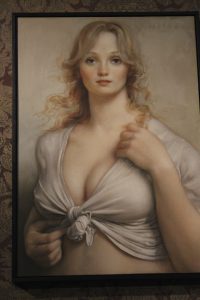
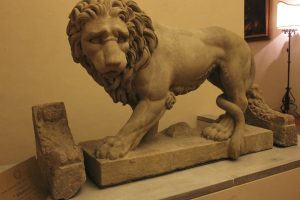
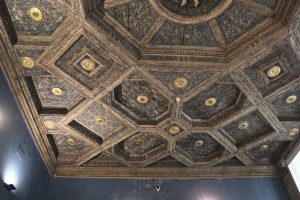
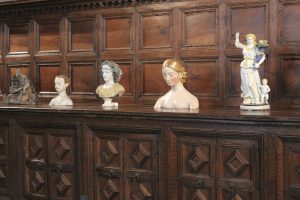
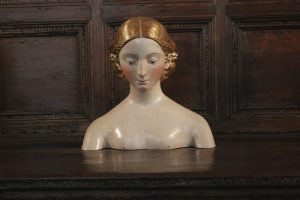
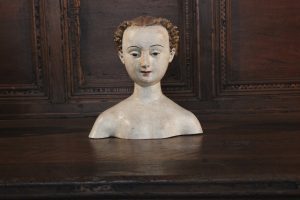
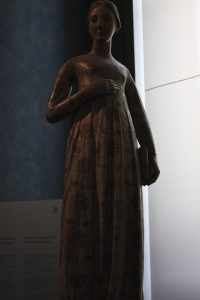

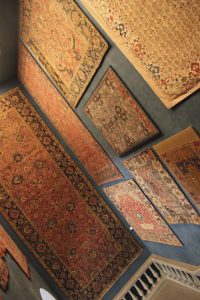
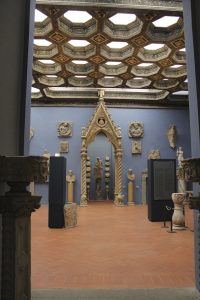
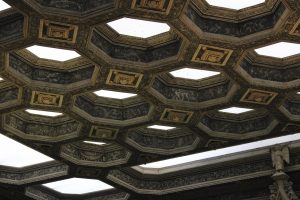
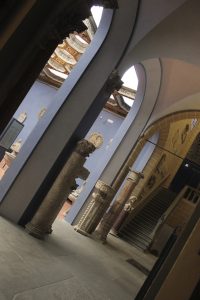
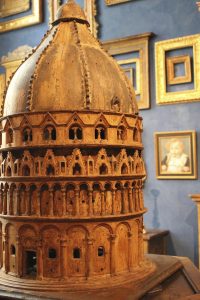
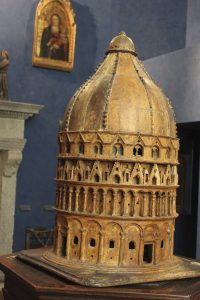
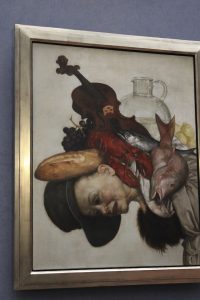
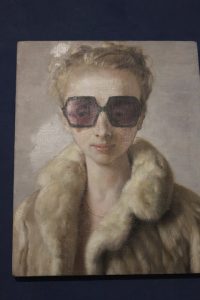
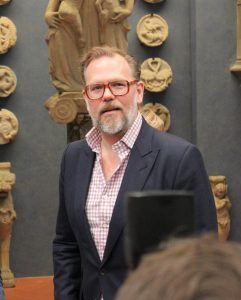
I don’t even know the way I stopped up here, but
I thought this publish was once great. I don’t recognise who you might be
but certainly you are going to a famous blogger should you aren’t already.
Cheers!